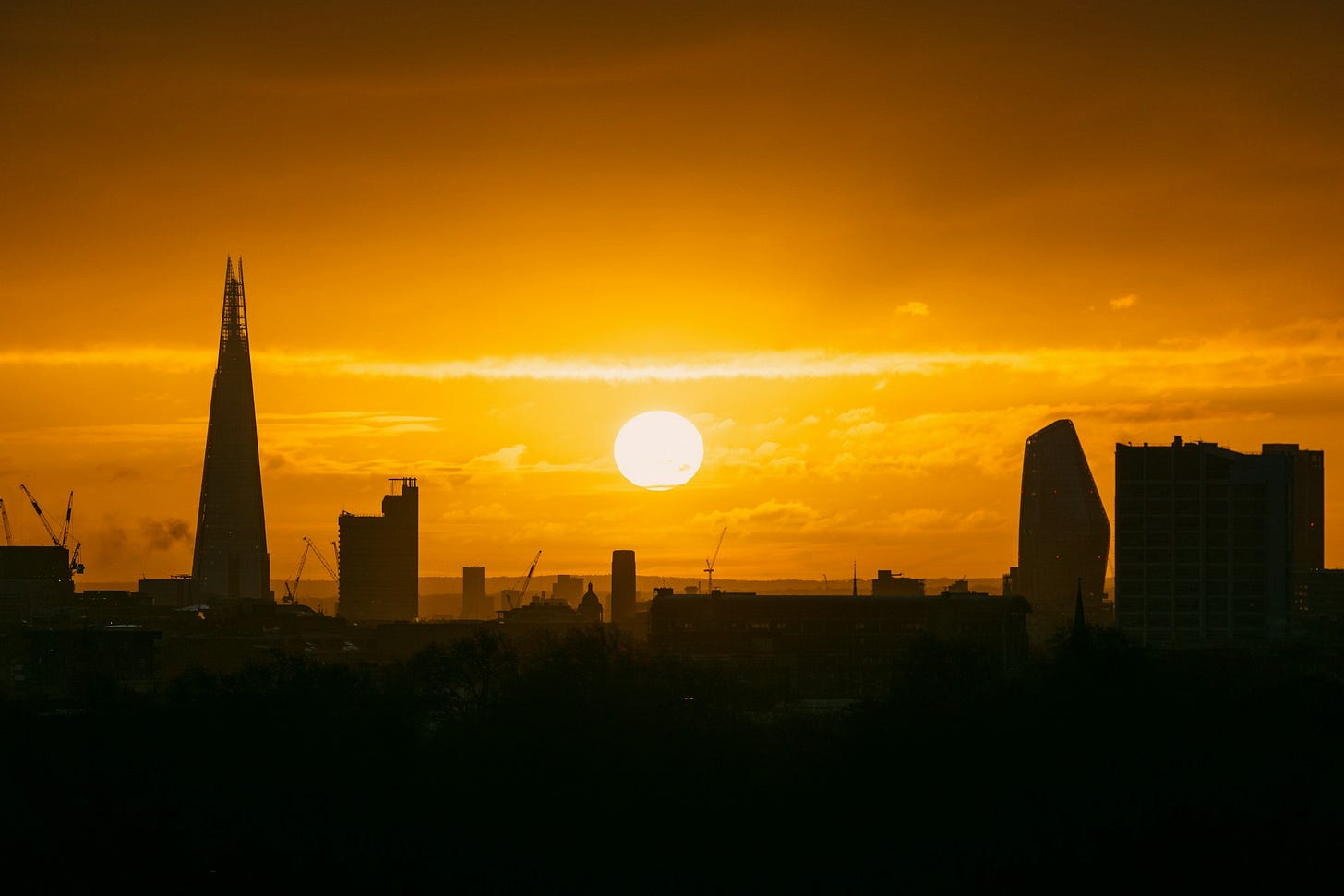Londoners facing twice as many scorching days—and it’s the poorest who will suffer most
Without urgent investment in cooler homes and greener streets, London’s poorest face unbearable summers and growing health dangers
A major global analysis has revealed that the world’s biggest cities are now enduring 25 per cent more sweltering days each year than they did in the 1990s. And while countries from Japan to Spain are experiencing record-breaking temperatures, Londoners are far from immune.
The vulnerable impacted most
The report by the International Institute for Environment and Development (IIED) found that the number of days over 30C in the capital has doubled since the 1990s—a shocking rise for a city with a relatively cool climate.
Campaigners warn that it will be the elderly, the vulnerable, and especially those in poorly insulated or overcrowded housing who will be left struggling as heatwaves tighten their grip.
“Global temperatures are rising faster than governments probably expected and definitely faster than they seem to be reacting”, said Anna Walnycki, an IIED researcher. “Failing to adapt will condemn millions of city dwellers to increasingly uncomfortable and even dangerous conditions because of the urban heat island effect”.
She added: “The poorest people will likely suffer the most whether they’re in London, Luanda or Lima … Climate change is the new reality. Governments can’t keep their heads buried in the sand anymore”.
Political incompetence
The dire warning comes after Britain’s official climate advisers branded the government’s preparations as “inadequate, piecemeal and disjointed” earlier this year—a finding that will worry many Londoners who already live in cramped flats without air conditioning or green space.
The figures are stark. In Madrid, scorching days above 35C have nearly doubled to an average of 47 each year. Rome and Beijing have seen theirs double, while Manila’s has tripled. London’s figures may seem smaller, but for a northern European city, the doubling of extreme heat days represents a seismic shift.
Experts say such rises are not only uncomfortable but deadly. Across Europe, at least 16,500 people died from heat between June and August last year alone. Japan recorded its hottest ever temperature of 41.2C in July, sending 10,000 people to hospital.
Walnycki warned that “many of us know what it’s like to lie awake at night dripping sweat during a heatwave. This isn’t a problem we can simply air-condition our way out of. Cities need an immediate funding boost to improve insulation and ventilation of buildings, develop heat plans and create shade cover where possible”.
Haves and have nots
For London, the challenge will be acute. Wealthier households may be able to install cooling systems or escape to the countryside, but for thousands of families in high-rise estates and tiny flats, the capital’s heatwaves will be nothing short of unbearable.
Time to stop the psychopathic polluters now before they kill us all.



